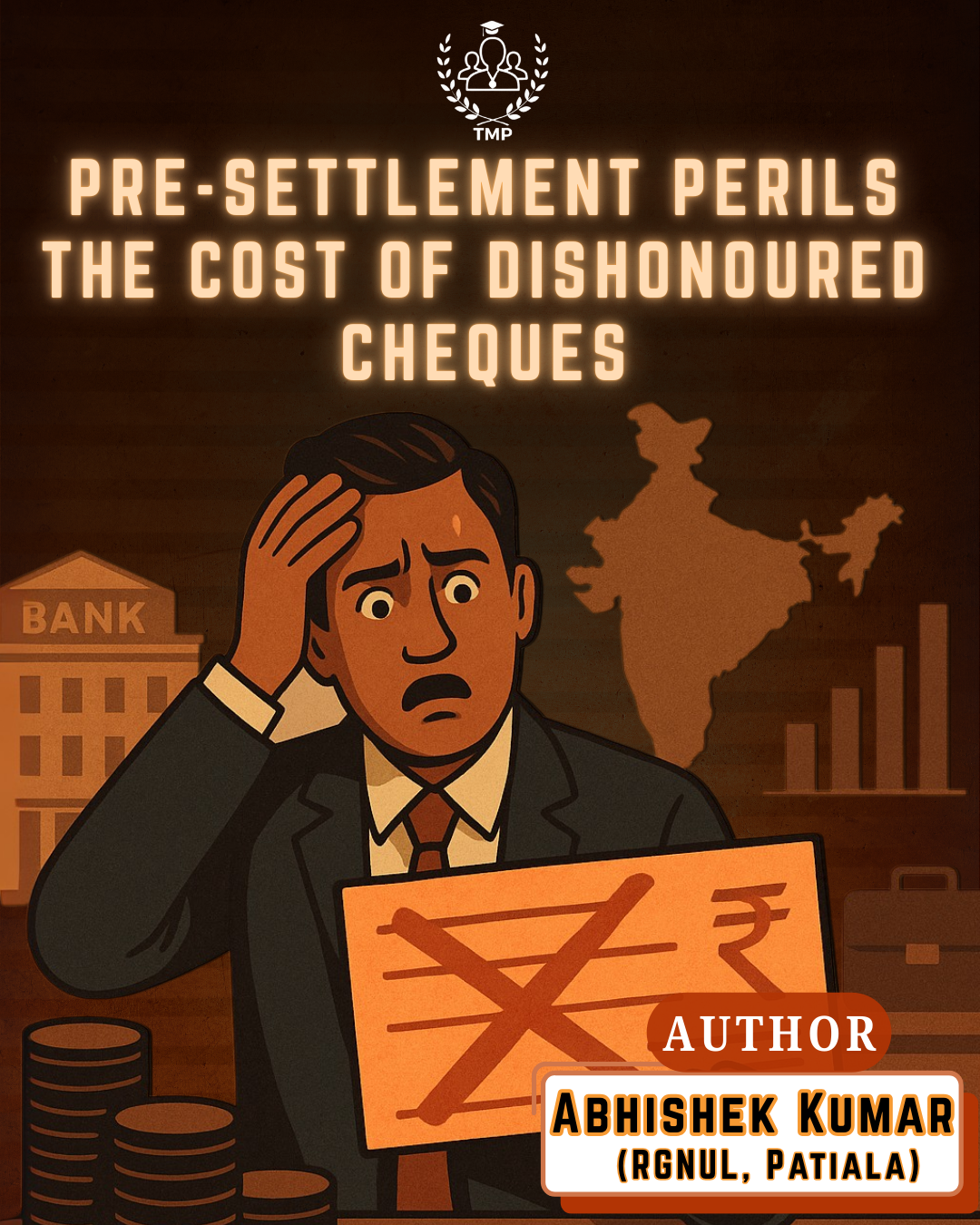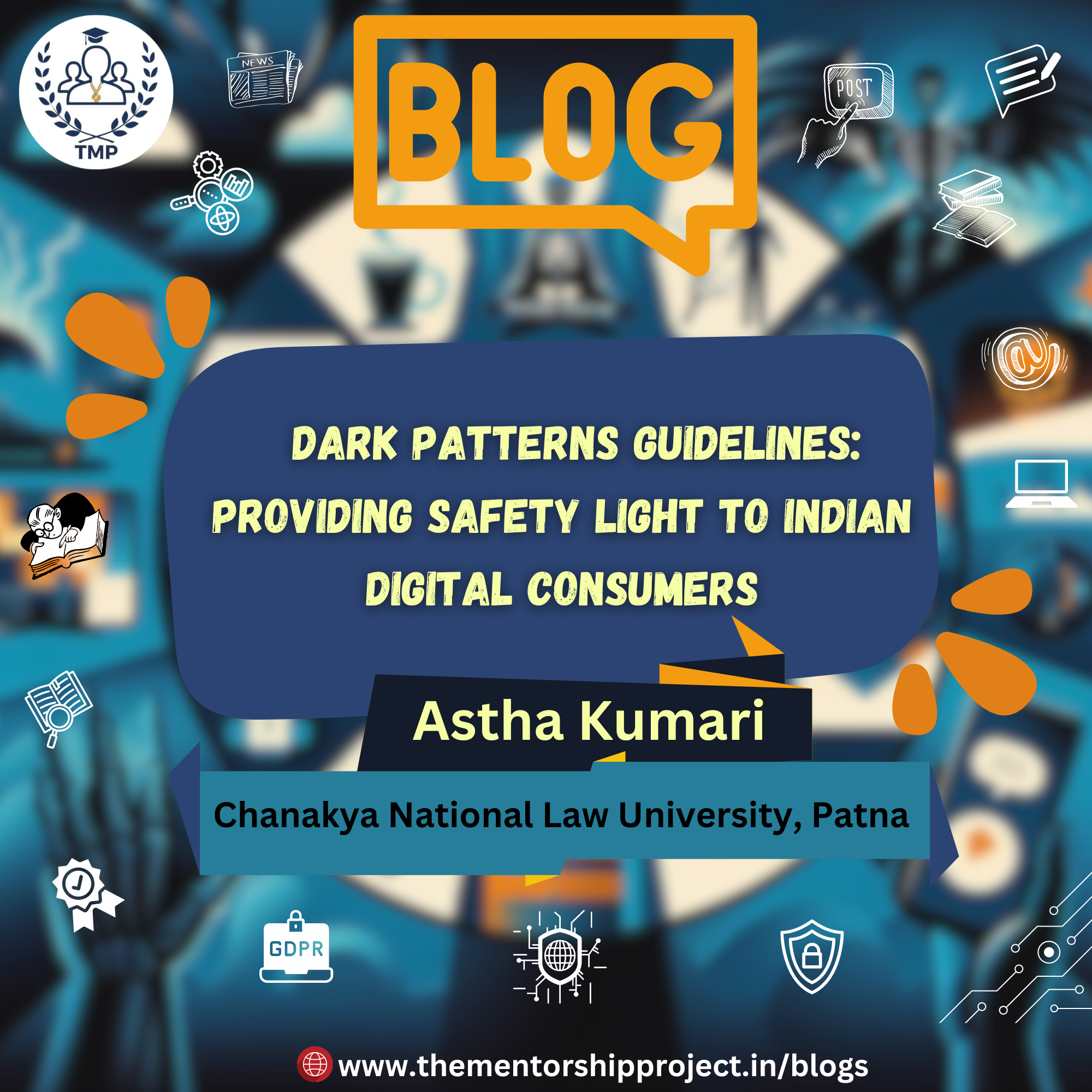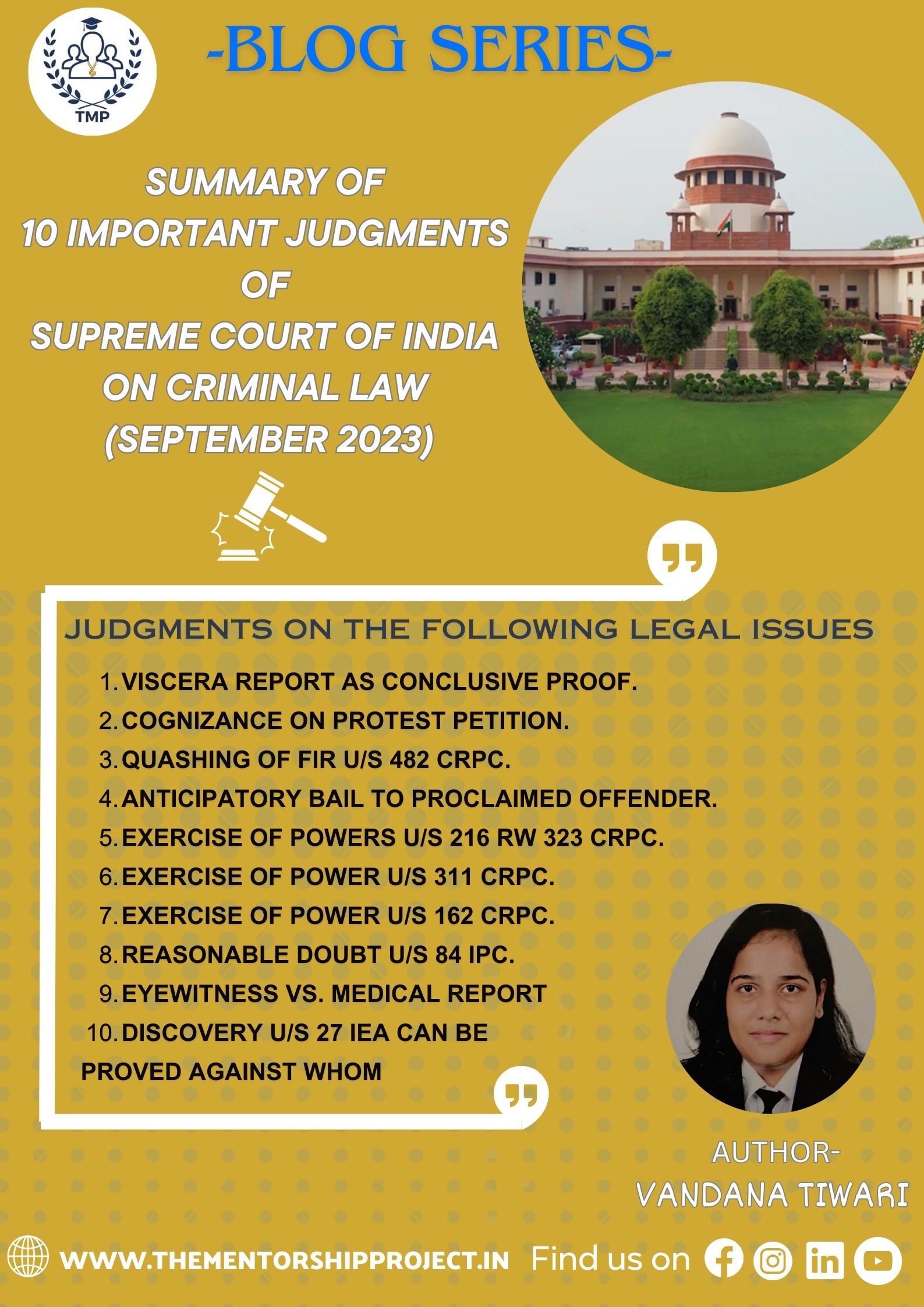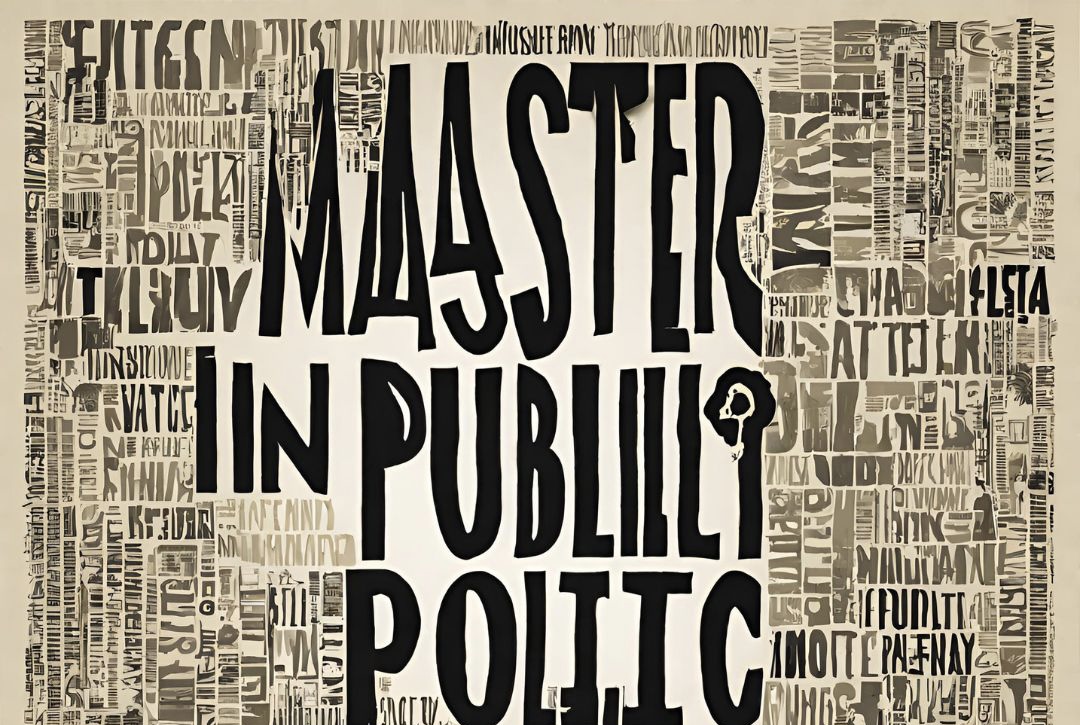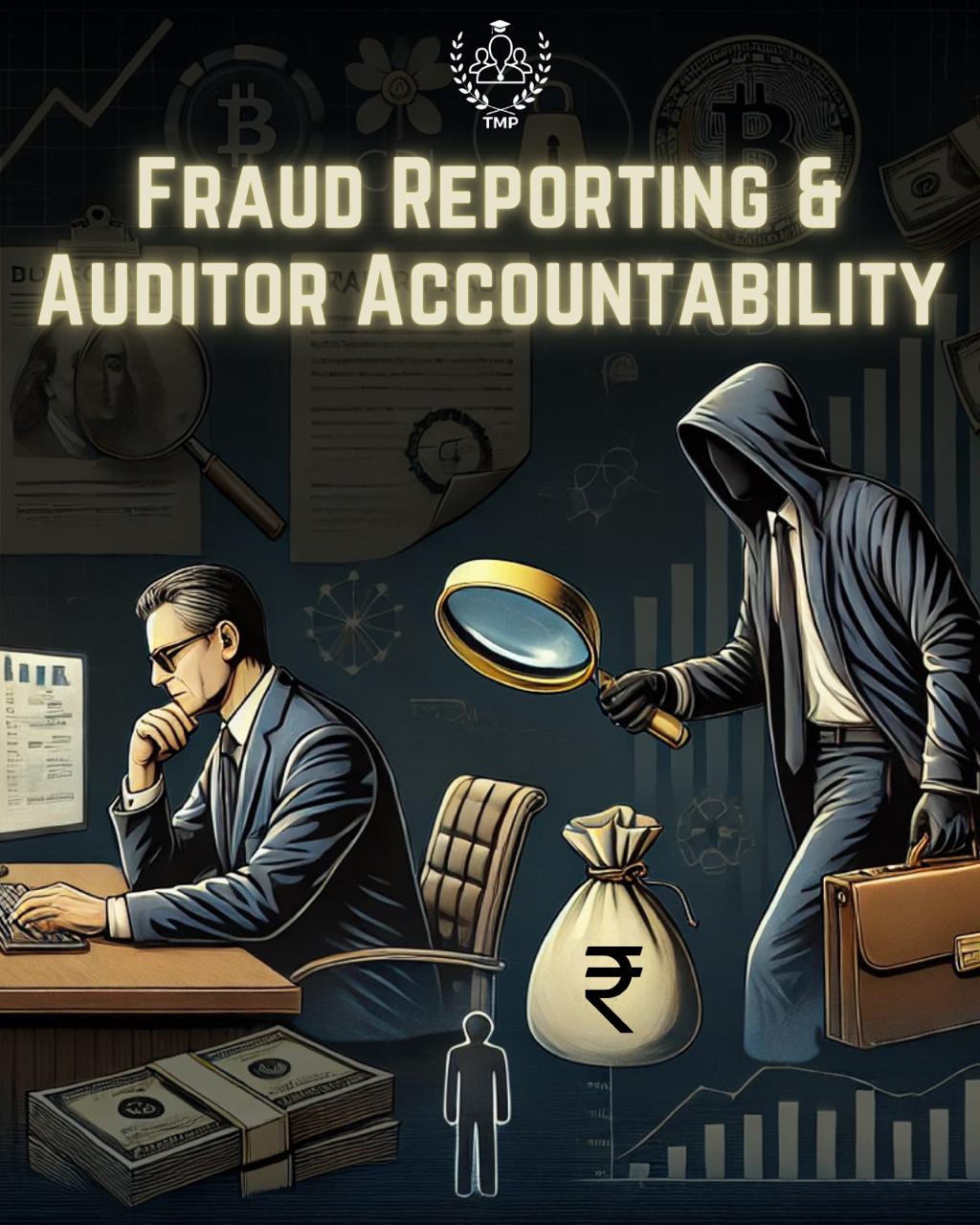July 11 , 2025
PRE-SETTLEMENT PERILS: THE COST OF DISHONOURED CHEQUES
Introduction
Pre-settlement payments hold a ubiquitous influence in commercial transactions and, inter alia, serve as a mechanism for mitigating transactional risks, which ensures stability and seamless execution of obligations while safeguarding against financial and operational uncertainties. Cheques among the various negotiable instruments remain the prevalent medium for settling payments. The widespread acceptability of the cheque is reinforced by stringent legal provisions governing their legal enforceability coupled with ease of use of cheques underscores their indispensability in modern commerce.
Cheques are governed under Negotiable Instrument Act, 1881 (hereinafter “NI Act”). Section 138 of the NI Act criminalizes failure to honor a cheque due to insufficient funds or other specified reasons.1 Chapter XVII comprising Sections 138 to 142 was inserted into the Act by the Banking, Public Financial Institutions and Negotiable Instruments Laws (Amendment) Act, 1988.2 The purpose behind bringing Section 138 into the statute was to instill faith in the efficacy of banking operations and enhance the credibility in transacting business involving negotiable instruments.3
Section 138 establishes a threshold, that it is imperative that a cheque must be issued for the discharge of a debt or liability. Debt, as defined in the explanatory clause, refers to a “legally enforceable debt”. However, pre-settlement payments do not easily meet this threshold.
This piece examines a contentious issue in this context revolving around whether pre-settlement payments, such as advance payments, security cheques, or partial payments, constitute a valid part of discharging a legally enforceable debt. The determination of this question hinges not only on the purpose for which the cheque was issued but also on the timeline of the debt's enforceability— whether it existed at the time of issuance or arose subsequently at the time of encashment. Judicial interpretations have further complicated this terrain, often creating ambiguities in defining the exact nature and scope of pre-settlement payments within the framework of the law.
The Debt-Payment Nexus
Debt plays a quintessential role in determining liability in situations of cheque dishonour under Section 138 of NI Act. Debt, as provided under the explanation clause, means “legally enforceable debt.” The offence under Section 138 of the NI Act arises only when the dishonoured cheque is against such legally enforceable debt. The issue of contention, however, arises in the context of post-dated cheques, where the enforceability of the debt can vary depending upon the timing and nature of the obligation associated with the cheque.
In Indus Airways Private Limited v. Magnum Aviation Private Limited,4the question of legal enforceable debt arose in context of advance payments made in business transactions. However, in the instant case, the purchase order was subsequently cancelled. The Hon’ble Supreme Court, in a two-judge bench decision held that the ‘legal enforceable debt’ shall subsist on the date on which the cheque was drawn. Accordingly, the cheque issued for a future purchase order, which was yet to be executed, could not attract the provisions of Section 138 of the NI Act. Hence, in the Indus Airways case, the liability of the accused was not attracted towards Section 138 of the NI Act because no legally enforceable debt existed at the time when cheque was drawn.
On the other hand, in Sunil Todi v. State of Gujarat the Hon’ble Supreme Court took a more nuanced view.5 The two judges bench elaborated on the phrase ‘debt or other liability’ under Section 138, and held that it includes the future payments which have a present obligation. As it is rightly pointed out in the case of State of T.N. v. M.K. Kandaswami,6that in interpretation of a provision of a remedial statute, a construction which would defeat its purpose should be eschewed. “If more than one construction is possible, that which preserves its workability, and efficacy is to be preferred to the one which would render it otiose or sterile.” Hence, the Court in Sunil Todi held that debt may also include the liability which arises after the date of drawing of cheque but before encashment of the same, reinstating the faith in the negotiable instruments for business transactions.
Contingent Cheques and Partial Settlements
Security cheques are issued for safeguarding creditor interests, ensuring compliance with contractual obligations, and providing recourse in case of default, while serving as a deterrent against non-payment or breach of financial commitments in commercial transactions. However, liability arising out of dishonour of security cheques has also remained a contentious issue in the context of legal enforceability of debts. Security cheques, per se, are not considered as legally enforceable instruments, and liability under Section 138 cannot arise unless, the obligation against which the security was given becomes due and is not discharged subsequently. That is to say, the cheque must transition from being a contingent guarantee to representing an actual, legally enforceable debt at the time of its presentation for encashment, reflecting the matured obligation it was intended to secure.
The very same position was clarified in Sripati Singh v. State of Jharkhand,7 where the apex court observed that should a cheque be provided as security and the debt not be paid in full before the due date, or if the parties do not agree to postpone the repayment, the cheque will mature for presentation. Therefore, while the court in Indus Airways relied on a time-centric analysis of the issue which remained in the context of advance payment, the courts since Sunil Todi and Sripati Singh have adopted a more nuanced approach to include both a temporal and substantive analysis to assess ‘when’ the cheque and ‘what’ the obligation is and whether it is linked to a legally enforceable debt, making jurisprudence more coherent for a homogenous application to pre settlement payments in the context of Section 138.
Further, the amount present in the security cheque should represent the due amount of the liability arising out of the debt. For instance, if partial payments have been made towards the debt, the amount on the cheque must reflect the remaining balance due at the time of encashment to qualify as a legally enforceable liability under Section 138 of the NI Act and no liability can arise if the dishonored cheque represents the full amount. This was further elucidated upon in recent landmark judgement of Patel v. Patel,8 where it was held that when the drawer of the cheque pays a part or all of the sum reflected on the cheque, it must be endorsed on the cheque in accordance with Section 56 of the NI Act to encash only the remaining balance.9 The cheque endorsed with the payment may be used to negotiate any remaining debt. If the endorsed cheque is dishonoured when it is attempted to be encashed upon maturity, conviction under Section 138 will be triggered.
Conclusion
The jurisprudence regarding pre-settlement payments through negotiable instruments and dishonor of cheques seems to be constantly evolving to grapple with the growing complexities of modern commercial transactions. While the law strives to uphold the credibility of cheques as negotiable instruments, ensuring they remain trusted facilitators of business dealings it can also create hurdles to straightforward application.
The insistence on compliance with Section 56 of the NI Act for endorsing partial payments ensures that the cheques accurately reflect the enforceable debt at the time of presentation. However, it also creates additional procedural burdens on part of the creditor, especially in high-volume or informal transactions, in prejudice to the legislative intent of remedial nature in Section 138 itself, designed to operate in favor of the creditor.10 Also, there still remains the possibility that borrowers can strategically use partial payments to invalidate cheques, emphasizing the persistent risk of exploitation.
While reinforcement of the principle that cheques must represent a matured obligation for liability to occur under Section 138 to ensure the intended fairness in transaction of the legislation cannot be more underscored, the uncertainty still arises due to lack of legislative clarity forcing the courts to fill in the interpretive gaps.
To resolve these issues, legislative intervention is necessary to harmonize the principles established by the court devising clear, uniform guidelines on the enforceability of pre-settlement payments which are essential to reduce procedural complexity. Such reforms would not only provide legal clarity in such disputes but also enhance the efficiency of commercial transactions by providing greater certainty and predictability in their enforcement.
(Authored by Abhishek Kumar, student at Rajiv gandhi national University of law, Patiala, Views Expressed are Personal.)
Citations
1 Negotiable Instruments Act, 1881, § 138, No. 26, Acts of Parliament, 1881 (India).
2 Banking, Public Financial Institutions and Negotiable Instruments Laws (Amendment) Act, No. 66 of 1988, Acts of Parliament, 1988 (India).
3 Damodar S. Prabhu v. Sayed Babalal H., (2010) 5 SCC 663 (India).
4Indus Airways (P) Ltd. v. Magnum Aviation (P) Ltd., (2014) 12 SCC 539 (India).
5 Sunil Todi & Ors. v. State of Gujarat & Anr., (2021) SCC OnLine SC 1174 (India).
6 State of Tamil Nadu v. M.K. Kandaswami, (1975) 4 SCC 745 (India).
7 Sripati Singh (Since Deceased) Through His Son Gaurav Singh v. State of Jharkhand & Anr., (2021) SCC OnLine SC 1002.
8 Dashrathbhai Trikambhai Patel v. Hitesh Mahendrabhai Patel, (2022) SCC OnLine SC 1376 (India).
9 Negotiable Instruments Act, § 138, No. 26, Acts of Parliament, 1881 (India).
10 NEPC Micon Ltd. v. Magma Leasing Ltd., (1999) 4?SCC?253 (India).

